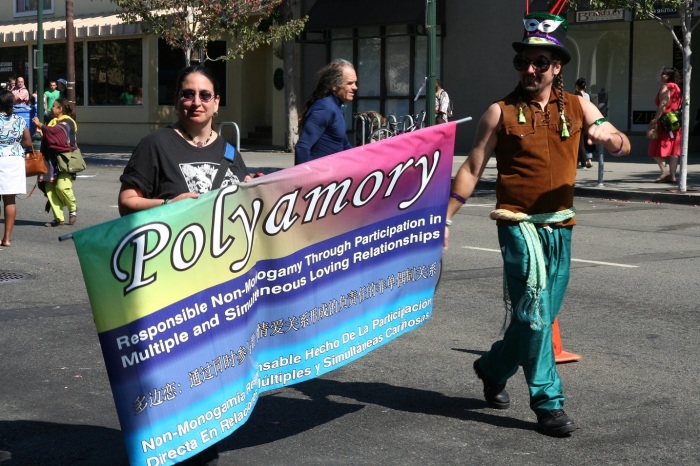American Psychological Association denies endorsing ‘consensual non-monogamy’

The American Psychological Association is denying assertions from a recent column claiming it advocates for the legal recognition of polyamorous relationships.
Earlier this month, Dr. Melissa Martin, a former child therapist, had a column published by The Published Reporter claiming that the APA Division "formed a task force to promote what it calls 'consensual non-monogamy relationships' (CNM)" and was "circulating a survey and a petition seeking to secure legally protected class status for individuals with multiple sex partners."
"What is the covert reason the APA 44 wants people involved in group sexual relations to have civil rights and legal status? In my opinion APA wants bigamy and polygamy to be legalized as group marriage," wrote Martin.
"Oh, APA 44 is promoting CNM – but they want it legalized. Yes, the radical activists will demand the legalization of group marriage."
An APA spokesperson told The Christian Post the APA 44 task force's creation did not equate to an endorsement of non-monogamous romantic relationships.
APA Public Affairs Director Kim I. Mills told CP, "APA divisions are quasi-independent organizations that are free to establish committees to represent and promote their specialties within psychology, using the best empirical evidence."
"As such, they do not speak for the American Psychological Association, which does not have a policy with respect to consensual non-monogamous relationships," she continued.
"The only official APA policies are those that are adopted by the APA Council of Representatives, the APA's governing body of nearly 200 of the nation's leading psychologists, which meets twice a year. APA's Council of Representatives has not adopted, and has not been asked to adopt, a policy on this issue."
Mills acknowledged the existence of the APA 44 task force and stressed that its primary purpose is to "to generate research, create empirically informed clinical resources and promote awareness of CNM-issues to our field and the public."
According to its website, the APA Division 44 Committee on Consensual Non-Monogamy "focuses on research, practice, and education about consensually non-monogamous relationships."
"These diverse forms of consensually non-monogamous relationships include, but are not limited to, polyamory, open relationships, swinging, and other types of ethical non-monogamous relationships," explains the committee.
"The Committee on CNM seeks to address the needs of people who practice consensual non-monogamy, including needs that may arise from the intersection of CNM with their other marginalized identities."
The committee lays out five key purposes, including "basic and applied research," public awareness, promoting "the development and delivery of affirmative psychological services to CNM-identified individuals," advancing "education and training on CNM across contexts and audiences" and advancing the "social justice, public interest and the welfare of people engaged in CNM."




























